From 8th to 10th of October, Kuressaare Ametikool hosted partners from the VET SDGs project. Over three days, we discussed sustainable development and its complexities.
"All SDGs are wicked problems; we will never solve them completely," said the first speaker, Mihkel Kangur, scientist and Head of Teaching and Development at Rakvere State Gymnasium. Wicked problems related to sustainable development goals, such as sustainable transport, employment, living standards, do not have one clear cause or solution.
We have no historical precedents for solving them, decisions are weighty, and even when countries agree on something, not everyone may comply. While non-renewable natural resources have never run out before, "renewable" natural resources are now disappearing, including biodiversity, forests, and a stable climate.
The Erasmus+ collaborative project, VET Schools Doing Green, aims to raise awareness of the UN Sustainable Development Goals (SDGs) among teachers and students.
We have overexploited our planet. As a positive example of things improving, Kangur cited ozone holes, which are talked about much less today compared to a few decades ago.
As an interesting detail, he pointed out that the first newspaper article referring to climate change was published in the USA in 1912, which, in light of the increasing burning of coal, raised the question of rising temperatures in the following centuries.
Ecologist Triin Reitalu highlighted the importance of biodiversity. Participants went in small groups to observe and photograph biodiversity on the surrounding streets.
Farištamo Eller (Save Estonian Forests NGO) described her work as an environmental activist. A professional pianist, she noted that she relies on a network of experts and scientists in her articles. Many people cannot express their opinions publicly, and an activist brings these views to light. "Any initiative that doesn't talk about reducing consumption is greenwashing," Eller stated.
Markus Vetemaa, professor of fisheries at the University of Tartu, said that the Baltic Sea is improving in terms of toxins. However, nutrient levels are increasing alongside the populations of seals and cormorants, which together consume almost three times more fish than humans catch.
Vetemaa noted that humans have altered the balance of nature so much that nature cannot restore its previous balance without intervention. For example, with the decrease in snow cover, the spring floodplains, where fish had enough nutrients, warmth, and sunlight to spawn, have decreased significantly.
Over the three days, there were also many group work sessions and presentations on sustainable development activities in participating schools.
Our stylists presented the fashion collection "Insectcalyptic," created with teacher Piret Paomees using recycled wetsuits, which drew attention to ecological balance and overconsumption.
The students' enthusiasm and excellent presentation left a deep impression on the guests from Finland, the Netherlands, Italy, and Spain, who repeatedly mentioned it in conversations during the following days.
The next project seminar is planned for the end of November in Trento, Northern Italy. Karl Gregor Rauniste, Astra Mõistlik, Piret Paomees, and Taavi Tuisk, the project manager for Kuressaare Ametikool, will participate in the seminar.

